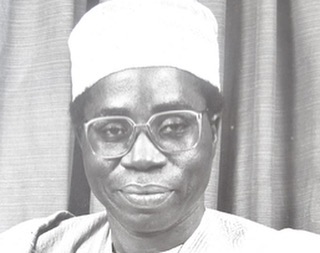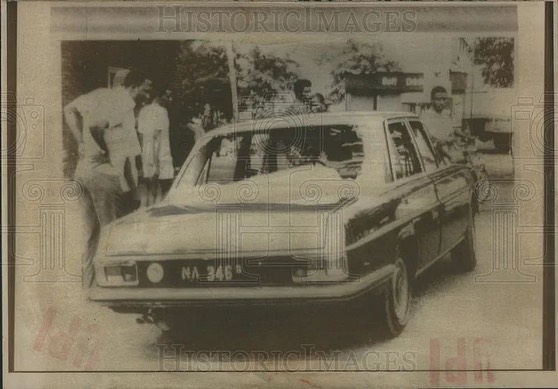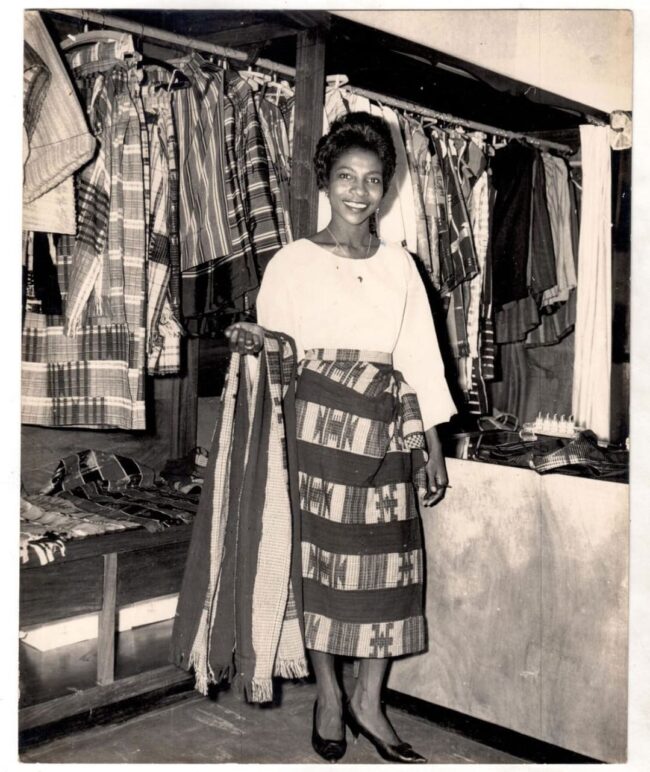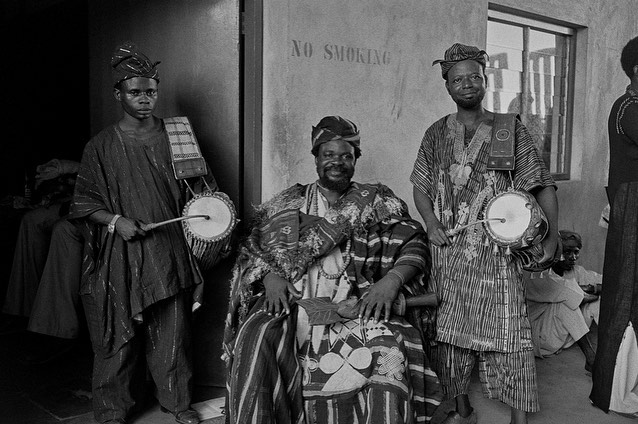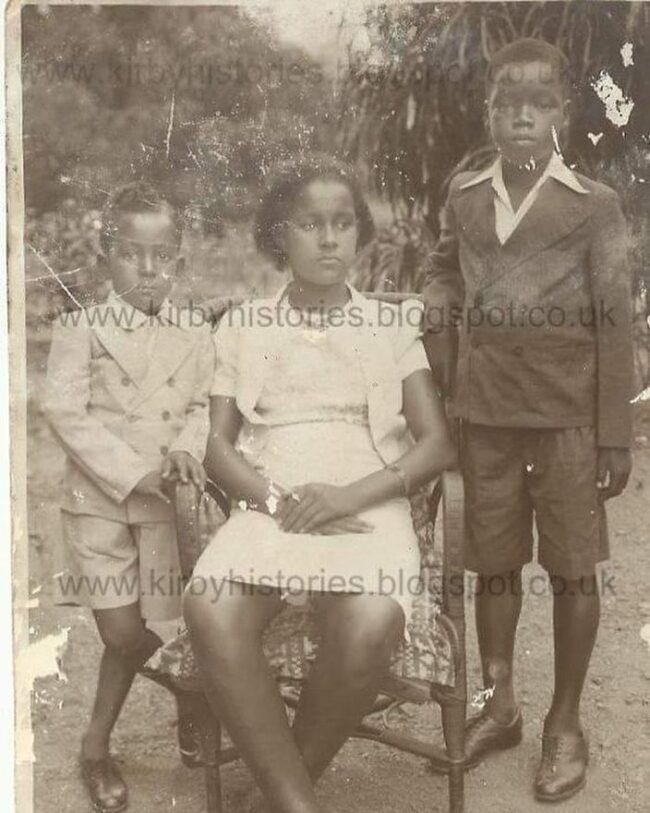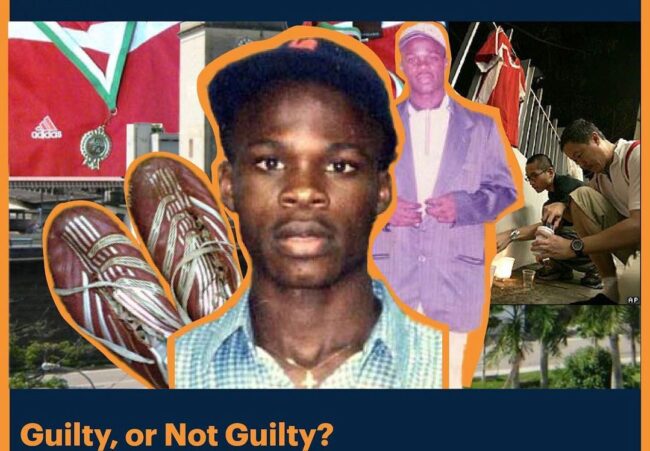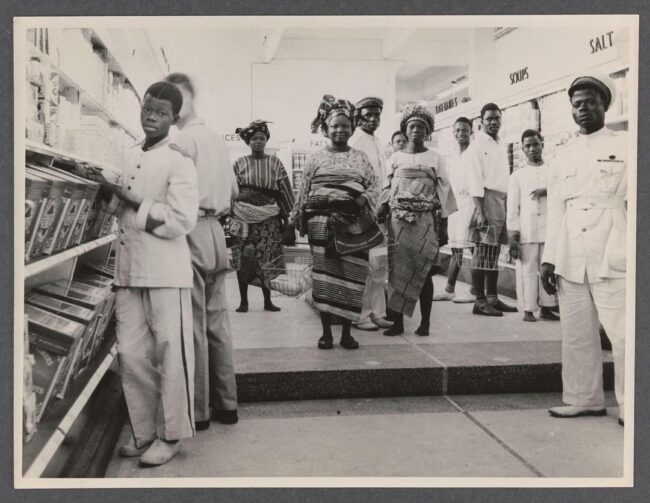Death of Bola Ige, Another Mystery to be Discovered.
Following the assassination of Chief Bola Ige on December 23, 2001, the press and the judiciary both raised their voices in support of the speedy arrest and prosecution of the assassins. Femi Falana (SAN), a lawyer, said, “Why should Ige, whose precious life was spared by Abacha’s hit squad, have to be killed under a supposed democratic regime of which he was the chief legal officer!” when he heard the news. What a cruel joke life is! Who, in this democratic day, could have slain Uncle Bola Ige, as he is affectionately known, in his bedroom two days before Christmas? Recall that on October 6, 1995, under the Abacha administration, Chief Alfred Rewane was assassinated. The distinction is that we currently have a civilian, purportedly democratic system in place, whereas Rewane was slain during a military dictatorship. Rewane held a private position, whilst Ige held the position of top unelected law enforcement official in the civilian government. Rewane was Abacha’s fiercest adversary, but Ige was former president Olusegun Obasanjo’s closest—that is, very close—friend. Just like I’m sure former President Obasanjo took the passing of his close buddy very personally and started crying, people took the death of Ige very personally. Ige was the only cabinet member, aside from Adamu Ciroma, who dared to chastise Obasanjo without raising an eyebrow. As a suitable “farewell” to himself, Chief Bola Ige submitted his letter of resignation from Obasanjo’s cabinet on Wednesday, December 19, 2002, effective from March 31, 2002. This was due to his desire to remain in the country for the Bakassi ruling in February and to take on his new role as UN Law Commission member. Regarding his demise, the federal government had committed to taking action. Obasanjo had vowed that justice would be done and the killers would not escape punishment. Who killed him was the subject of several speculations. According to others, the murder was carried out in retaliation for the December 20, 2001, death of Odunayo Olagbaju, a state representative. The name of Otunba Iyiola Omisore, the former deputy governor of Osun State and later senator, is mentioned, suggesting that the remote cause may have been political succession ambitions. Omisore had claimed that in 1998/1999, he had only consented to be deputy governor if Adebisi Akande, his then-rival for the position, would serve as governor of Osun State for a single term (until 2003). He had brought up the fact that Chief Bola Ige had promised to run for a second term on behalf of his friend, Governor Akande. Political and financial divisions between Akande and Omisore start almost immediately, with Ige, Akande’s buddy, naturally at their center. Despite years of devoted Awo political clan devotion, Ige’s inclusion in Obasanjo’s cabinet was always perceived as his …

